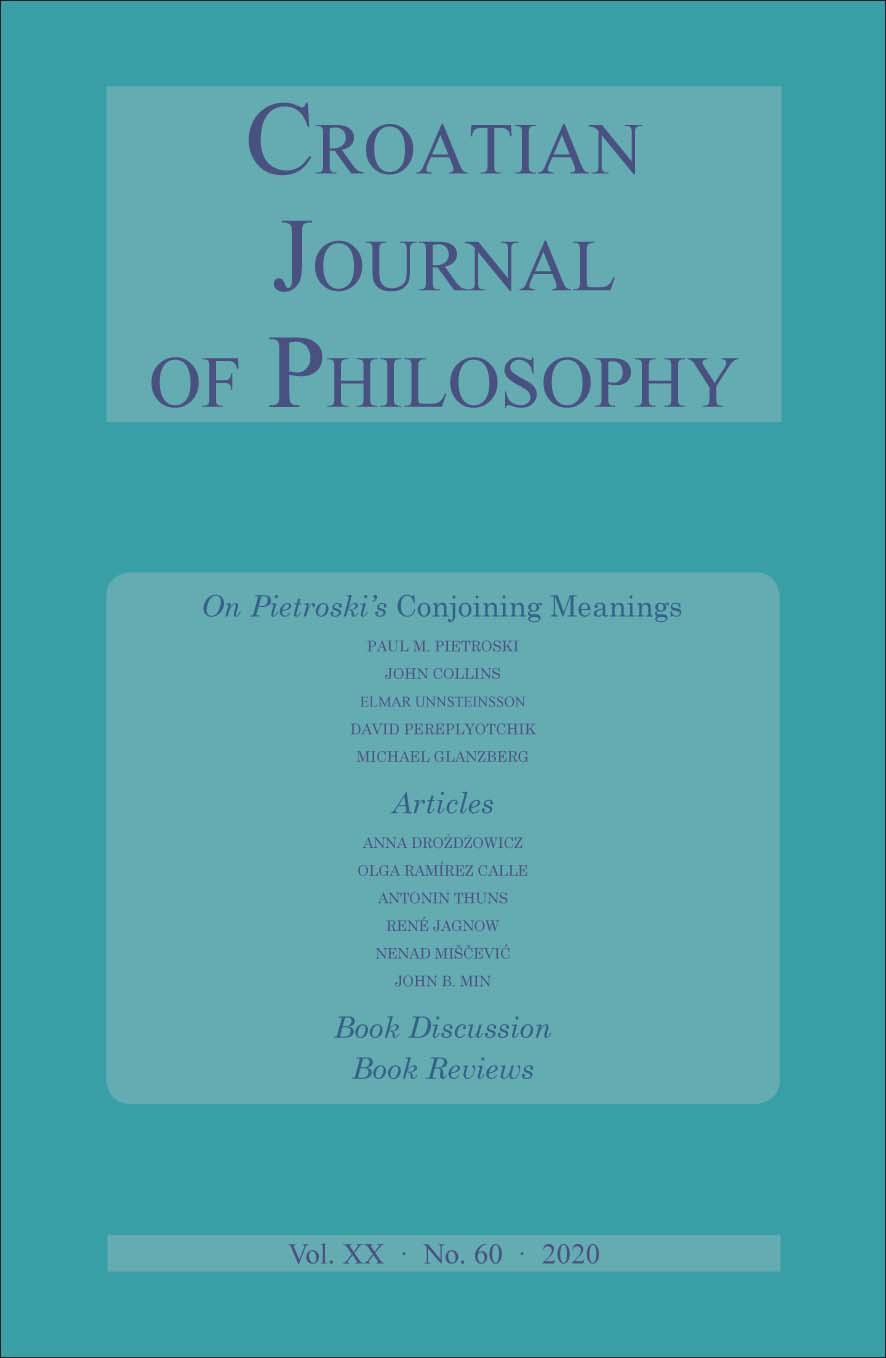Two Concepts of the Epistemic Value of Public Deliberation
Two Concepts of the Epistemic Value of Public Deliberation
Author(s): John B. MinSubject(s): Epistemology, Political Theory, Governance, Politics and law
Published by: KruZak
Keywords: Deliberative democracy; epistemic democracy; democratic legitimacy; epistemic proceduralism;
Summary/Abstract: Epistemic justification is necessary for deliberative democracy, yet there is a question about what we mean by the concept of epistemic values of public deliberation. According to one reading, the epistemic value of public deliberation implies a procedure’s ability to achieve a correct outcome, as judged by a procedure-independent standard of correctness. As I shall show in this paper, however, there is another reading of the "epistemic" value of public deliberation extant in the literature: Epistemic values are constitutive of a deliberative process as an exchange of reasons. If the distinction between two concepts of epistemic values of public deliberation holds, then we can re-conceptualize the relationship between procedural fairness, epistemic values, and legitimacy. Thus, a concept of legitimacy that combines procedural fairness and a procedure-independent standard of correctness on the one hand, versus one that combines procedural fairness and the constitutive epistemic value of deliberation on the other hand.
Journal: Croatian Journal of Philosophy
- Issue Year: XX/2020
- Issue No: 60
- Page Range: 465-488
- Page Count: 24
- Language: English
- Content File-PDF

